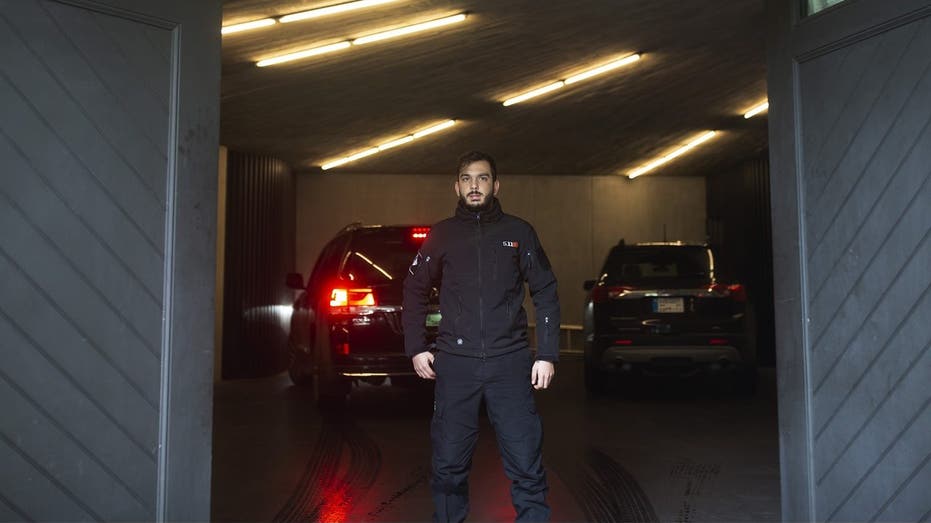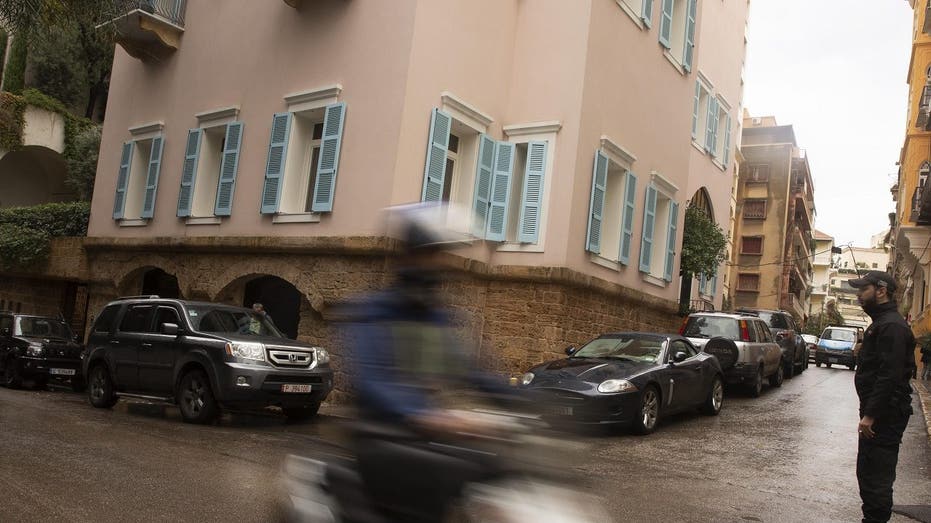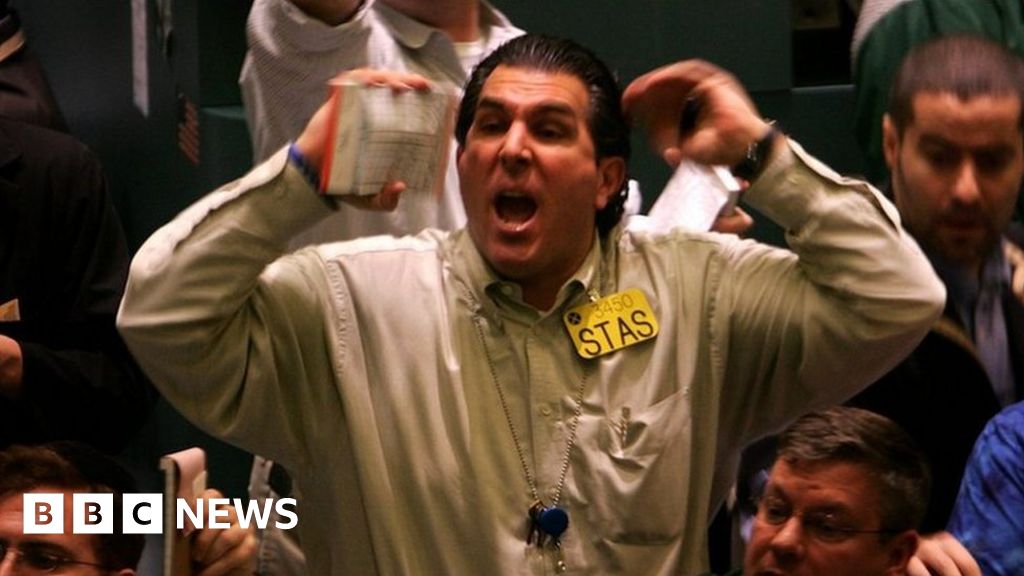Issei Kato Reuters
TOKYO — As the months went by, former Nissan boss Carlos Ghosn became increasingly convinced that he had no chance of a fair trial in Japan, with anger at his arrest giving way to despair and then a decision to flee the country, his lawyer said.
It all came to a head with an emotional video call with his wife on Christmas Eve, lawyer Takashi Takano said, during which Ghosn lost hope of ever being able to lead a normal family life.
The lawyer’s impassioned defense of Ghosn and scathing attack on Japan’s legal system has divided opinion here, even as the country’s justice minister broke a week of silence to defend the treatment of the flamboyant business executive.
Justice Minister Masako Mori called Ghosn’s departure “presumably illegal,” unjustifiable and “extremely regrettable,” adding there was no record of him leaving the country.
In her first statement after a week-long New Year’s holiday here, she promised a thorough investigation, and directed the Immigration Services Agency to tighten immigration procedures at departure.
[Carlos Ghosn walked out of his home alone, security camera footage shows]
Ghosn has said he was fleeing political persecution and a rigged justice system.
Takano described how Ghosn would ask his lawyers the same question again and again as the months went by: could he expect a fair trial in Japan. Their answer was always no — no criminal defendant in Japan can expect a fair trial. Still, they argued, the evidence against him was weak, and there was still a good chance they would establish his innocence.
Prosecutors enjoy considerable powers in Japan, and once they decide to accept a case, conviction rates are around 99 percent. But more than any other lawyers in this country, Ghosn’s defense team had a track record of getting people off the hook.
“Please trust us,” Takano would tell Ghosn.
“Apparently, his doubts and concerns began to grow,” Takano said, alleging prosecutors were slow to respond to requests for the disclosure of evidence, imposed minute restrictions on how evidence would be disclosed, and even eliminated some of the evidence, all the while leaking “as much as they liked” to the Japanese media.
In his regular meetings with his lawyers, Ghosn’s frustration showed in his face as he asked questions, Takano said. But over time the questions became fewer, as anger gave way to despair.
AP
AP
Junichiro Hironaka, center, lawyer for Nissan's former chairman Carlos Ghosn, speaks to the media in Tokyo Jan. 4, 2020.
Ghosn was accused of four charges of financial misconduct while running Nissan, including underreporting his income and using company money for his own benefit. But he says he was the victim of a conspiracy between prosecutors, officials and Nissan to block his plans to deepen the company’s merger with its French partner Renault.
Even Renault, initially supportive, said its internal investigations had found evidence of unethical practices. Nevertheless, Japanese business executives accused of far more serious crimes have been let off or given little more than a slap on the wrist, and many foreign executives here see Ghosn’s treatment as an example of double standards.
But stresses on his family life may also have played a role in his decision to flee.
Under the terms of his bail, Ghosn was forbidden by the court from meeting his wife Carole, or even speaking to her for seven months, on the grounds they might conspire to tamper with evidence.
“This is a criminal punishment,” Ghosn complained to his lawyers. “When am I ever going to be able to lead a normal family life?”
[Opinion: My husband, Carlos Ghosn, is a victim of Japan’s ‘hostage justice’ system]
On Christmas Eve, Ghosn was allowed a one-hour video call with Carole, in a lawyer’s office, the first in a month. They talked about their children, relatives and friends, their lives and their memories, Takano said.
“There was no shortage of things to talk about,” Takano said. “Just when the time had come for them to stop after an hour, he spoke to the display: ‘My relationship with you cannot be replaced by children and friends. You are my indispensable presence. I love you.’”
The lawyer said he was deeply moved.
“I have never felt such strong despair over Japan’s legal system as I did at that time. I felt something nearly close to a sense of wanting to kill. I said to him ‘Carlos, I am very sorry. Truly, the Japanese system is shameful. I will do our utmost to improve this situation as soon as possible,’” he said.
Ghosn didn’t respond.
On Dec. 25, just a day after his video call. Ghosn learned that his trial, initially expected to begin April, could be delayed further, possibly into 2021, lawyers and friends say. That news played a part in his decision to flee, his friend Ricardo Karam said, a suggestion supported by another of Ghosn’s defense lawyers, Junichiro Hironaka,
“I wonder if he was strongly shocked in those two days,” he told the Asahi newspaper.
Four days later, at noon on Sunday, Dec. 29, Ghosn strolled out of his home, alone, never to return, Japan’s NHK reported.
Although surveillance cameras had been installed outside the property, the system was only designed to prevent him holding unauthorized meetings and not to keep him under house arrest, and footage was only handed over to the court once a month, Takano says.
Concerned that Ghosn could tamper with evidence, Nissan had hired a private security firm to track him when he left his home, Reuters and Japan’s Sankei newspaper reported.
But on Dec. 27, Ghosn’s lawyers filed a criminal complaint to Tokyo police about the surveillance, and it was withdrawn, lawyer Hironaka told the Asahi newspaper.
Ghosn bypassed immigration at Osaka’s Kansai airport by hiding in a large black case typically used to carry audio gear, according to the Wall Street Journal, while his name was not included on the plane’s passenger manifest.
Maya Alleruzzo
AP
A private security guard watches journalists through a closing garage door after a vehicle arrived at the house of ex-Nissan chief Carlos Ghosn in Beirut, Lebanon, Jan. 4, 2020.
On Sunday, Tokyo prosecutor’s office said Ghosn’s escape constituted a crime. It also defended the country’s legal system, arguing that although conviction rates are high, defendants are given a proper chance to present their case and courts reach judgments strictly on the basis of the evidence.
Ghosn was initially detained for more than 100 days, released on bail and then rearrested in April shortly after he announced plans to speak to the press. He was finally released on bail again for a further amount of nearly $5 million, after convincing the court he was not a flight risk.
[Former Nissan, Renault boss Carlos Ghosn rearrested on fresh charges in Japan]
Takano said he learned of Ghosn’s escape only through news reports.
“Initially, I felt a strong anger, a sense of having been betrayed. Yet, looking back how he has been treated by this country’s legal system, my anger went in a different direction,” he said. “Indeed I was betrayed. But it is not Carlos Ghosn who betrayed me.”
But Takahiro Saito, deputy chief of the Tokyo District Public Prosecutor’s Office, defended the decision to detain Ghosn for so long, and oppose bail, arguing he had “significant influence” inside Japan and around the world, and there had been a realistic danger he would destroy evidence.
“The defendant Ghosn had abundant financial power and multiple foreign bases. It was easy for him to flee,” Saito said in a statement.
Many Japanese people see Ghosn’s escape as something of a national embarrassment. Takano’s defense of Ghosn had received hundreds of thousands of views by Sunday, 11,000 likes but many angry comments directed at Ghosn and the lawyer.
Read more:
Carlos Ghosn might not be as safe in Lebanon as he thought
Ex-Nissan boss Carlos Ghosn flees to Lebanon, slams Japan’s justice system
Today’s coverage from Post correspondents around the world
Like Washington Post World on Facebook and stay updated on foreign news
https://news.google.com/__i/rss/rd/articles/CBMitwFodHRwczovL3d3dy53YXNoaW5ndG9ucG9zdC5jb20vd29ybGQvYXNpYV9wYWNpZmljL2dob3Nucy1tb3VudGluZy1kZXNwYWlyLWF0LWphcGFuZXNlLWp1c3RpY2UtbWF5LWhhdmUtY29udmluY2VkLWhpbS10by1mbGVlLzIwMjAvMDEvMDUvN2RmZTkyZmUtMmZhOS0xMWVhLTkzMTMtNmNiYTg5YjFiOWZiX3N0b3J5Lmh0bWzSAQA?oc=5
2020-01-05 12:44:00Z
52780536767721






